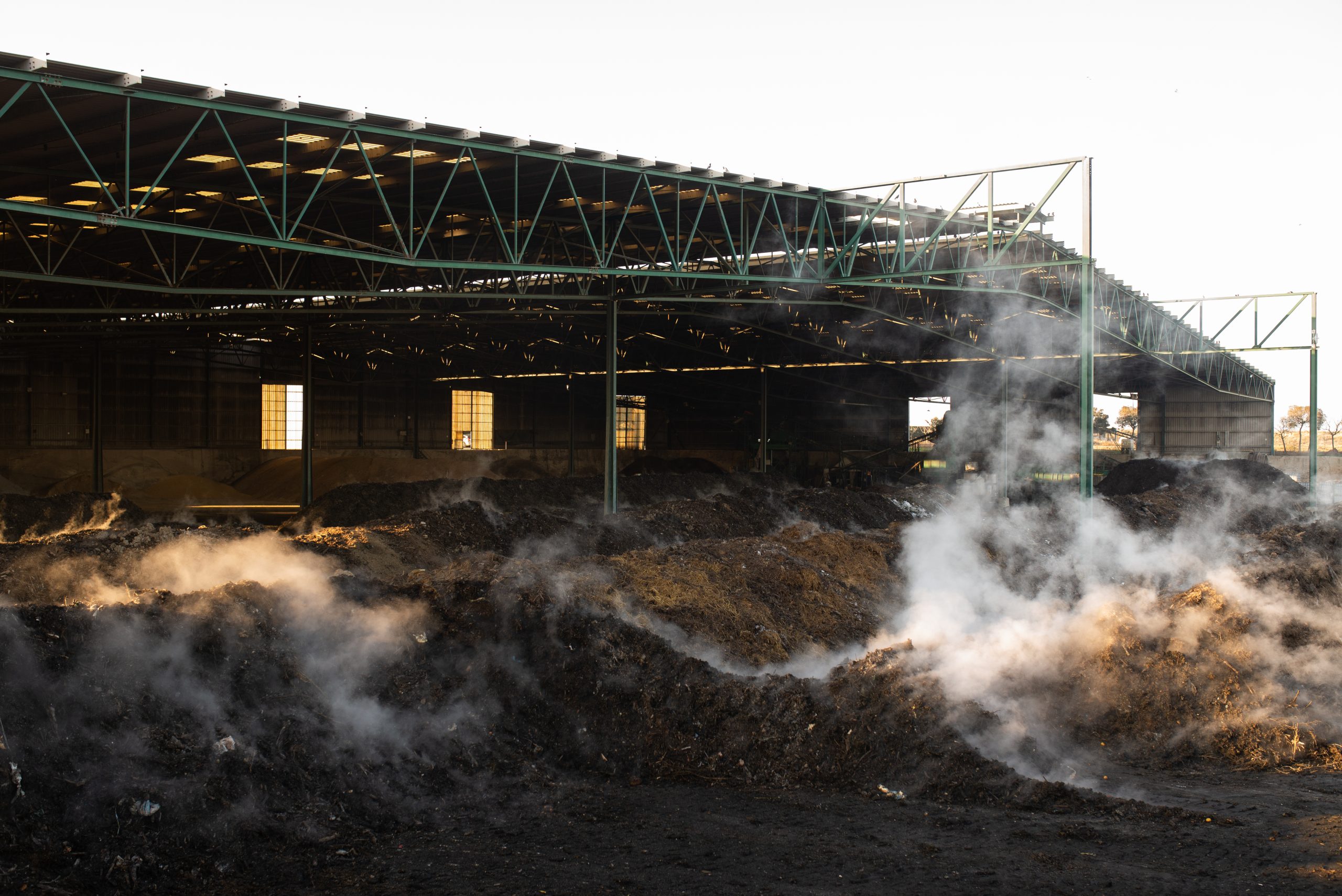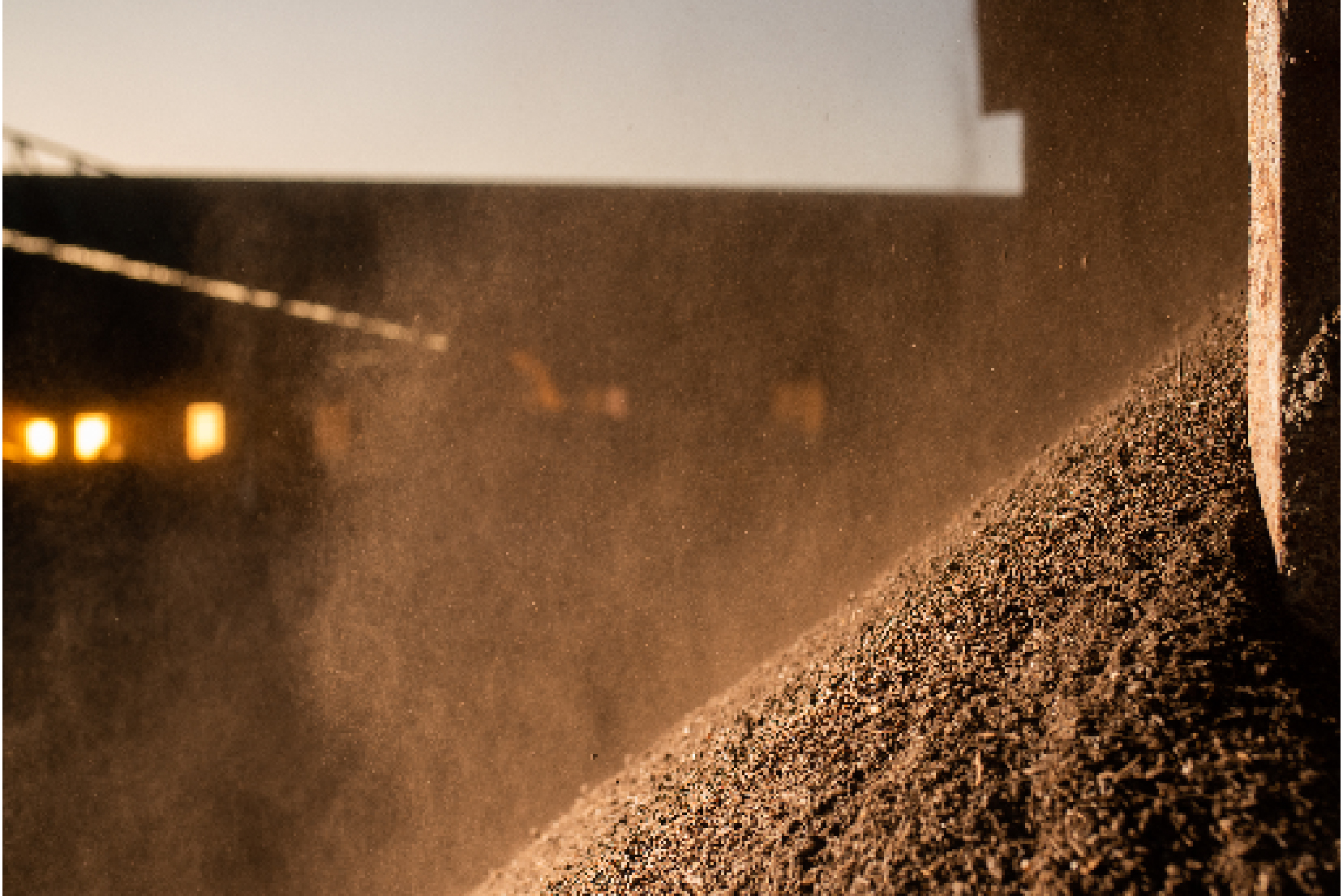The compost is produced from organic matter and its main use is to fertilise crop soils. It is also the most complete and complex fertiliser available on the market. Conventional or inorganic fertilisers have a very simple composition and are therefore very homogeneous. On the other hand, the composition of the compost is very different, since its origin is natural. But its major advantage over other fertilisers is that it has nutrients that form complex networks together with more organic molecules, thus favouring the release and absorption of nutrients.

Nutritional components of the compost:

Compost is a very heterogeneous material that contains all the elements necessary to complete an optimal vegetative cycle. We know that crop nutrition depends directly on the fertility of the soil and the state of the plant material. Therefore, each element plays a role in plant development. Any deficiencies can affect yield.
The following is a general overview of the main functions of these elements:
Macronutrients
- Nitrogen: It is a structural part of amino acids, which form proteins, and also of chlorophyll. Therefore, it plays a fundamental role in the vegetative development of plants.
- Phosphorus: Is a structural element of DNA, phospholipids, and the ATP molecule, and plays an important energetic role.
- Potassium: Has three main functions: it is involved in enzyme activation, sugar movement, and is an osmotic regulator. Its deficiency causes a reduction in crop growth and yield.
- Calcium: Is part of the cell wall structure. Its deficiency causes important physiological disorders in fast-growing tissues such as fruits. An example of this is the “bitter pit” in apples.
- Magnesium: Is part of the chlorophyll molecule. It is therefore essential for photosynthesis. A magnesium deficiency can make the leaves turn yellow.
- Sulphur: Has structural functions in some amino acids. Deficiency of this element causes chlorosis in the leaves.
Micronutrients
Elements such as boron, chlorine, copper, nickel, magnesium, molybdenum, zinc, and iron are considered essential micronutrients for plant growth. Plants need them in smaller quantities and excess of these elements can lead to phytotoxicity. They fulfil a wide variety of structural, enzymatic, photosynthetic, hormonal, and other functions.



